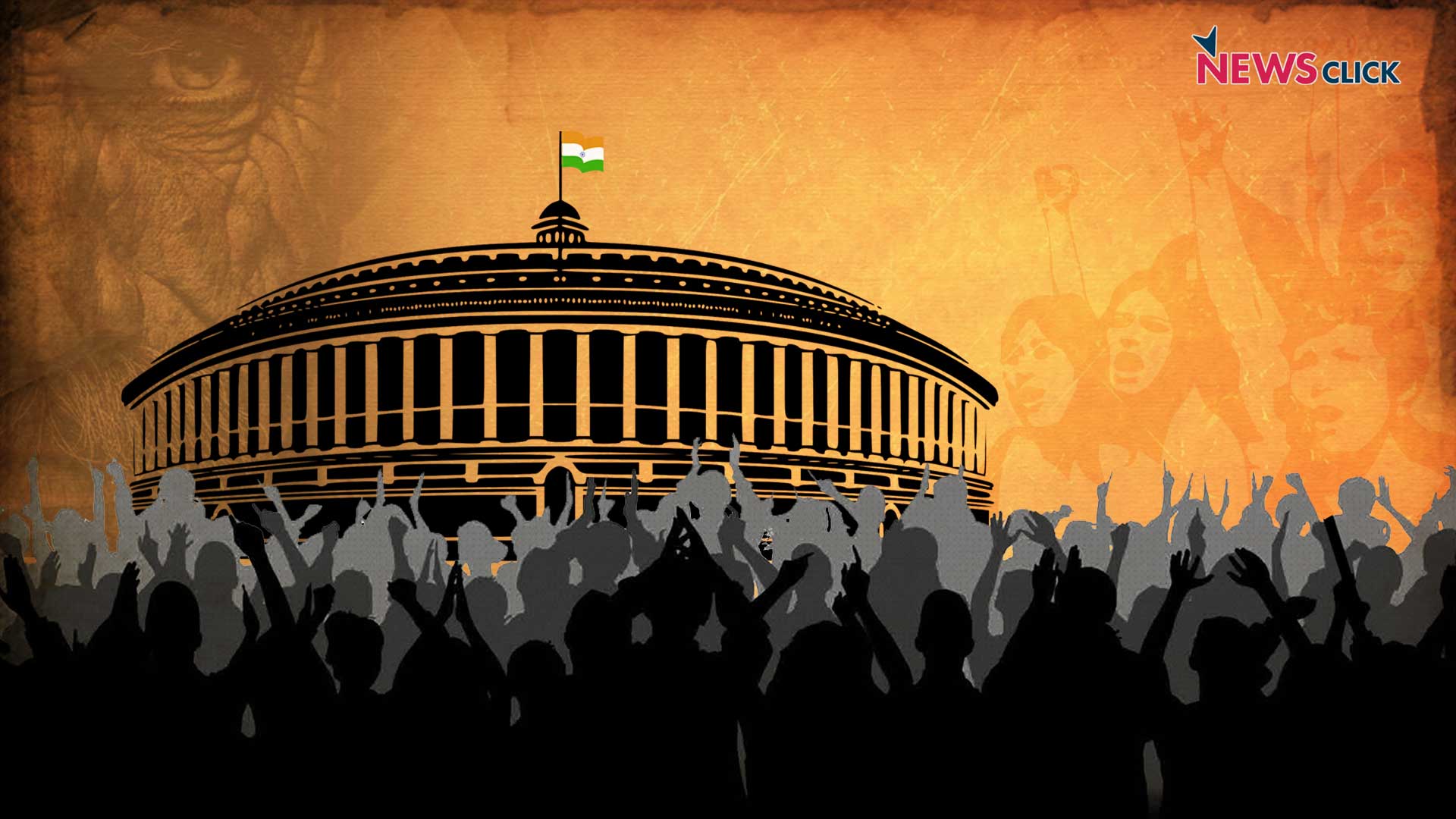They are demanding a special Parliament Session to pass laws on debt waiver and higher prices for produce
The Kisan Mukti March (Farmers Liberation March) is expected to see participation from all states in the country. It is being organised by the All India Kisan Sangharsh Coordination Committee (AIKSCC), a joint front of 208 farmers organisations and civil society groups.
Their main demand is that the a 21-day special session of the Parliament be called to discuss the raging agrarian crisis that has led to over 3 lakh farmers’ suicides and ruination of many more. The special session should discuss and pass the two Bills prepared by a Kisan Parliament last year to ensure liberation from debt and assured remunerative prices. Two Bills have been introduced as private member bills in the Parliament by K.K.Raghesh, CPI(M) MP and Joint Secretary of AIKS in Rajya Sabha and by Raju Shetti, MP from Maharashtra in the Lok Sabha. Raju Shetti had contested as an ally of the BJP in 2014, but he has now quit the NDA and is part of the AIKSCC.
The organisers have invited all political parties to send their representatives to participate in the March and declare their support for the demands. Several Opposition Chief Ministers are also expected to participate, including Kerala’s Pinarayi Vijayan and Delhi’s Arvind Kejriwal.
On 29 November, farmers will congregate at four points (in four directions) of the city and start marching towards the Ramlila Grounds located in central Delhi. A cultural programme “Ek Shaam Kisanon Ke Naam” (One Evening For Farmers) where eminent artists will perform has been planned for the evening. On 30 November, the gathered farmers – estimated at about a lakh – will march to the Parliament.
The past few years, especially the Modi period, have seen a growing tide of farmers’ protests which have been growing in sweep and scale. Starting with the massive struggle for protection of land rights and against unjust land acquisition within a year of the formation of the Modi govt. the movements of farmers burst out repeatedly in several states, mostly on the twin issues of low prices for produce and consequent indebtedness. Last November, a massive three-day Kisan Sansad took place in Delhi where thousands of farmers and families of many of those who had committed suicide took part. The Sansad ‘passed’ the two Bills and urged the Parliament to formally pass them and save the farming community of India from death and destitution. On 9th August this year, a Jail Bharo (Fill the Prisons) agitation was held across the country on the anniversary of the Quit India Movement which saw over 5 lakh peasants and workers taking part.
On 19 September this year, the farmers organisations and concerned citizens wrote an urgent appeal to the President of India urging him to ask the govt. to convene a Parliament Session and pass the two laws. The letter to the President said:
We request your intervention as the President of the Republic of India and the Constitutional head to ensure that a crisis of this scale that renders 70 per cent of Indian citizens vulnerable is addressed by a joint session of the Parliament of this country. In the recent past there was a midnight joint session of the Parliament to discuss the Goods and Services Tax. Surely the precariousness of the lives of millions of citizens merits the undivided attention of Parliament and thereby its commitment to find enduring solutions.
It pointed out the continuing struggles of various sections of working people in the country and the shameful failure of the Modi govt. to address their problems:
We bring to your attention that this demand for a special Parliamentary session emerges after numerous protests, petitions, pleadings by distressed farmers, labourers, forest communities, fisher folk and the foot soldiers of our country’s literacy and health care programmes – Anganwadi, Accredited Social Health Activists and Auxiliary Nurse Midwife workers, have failed to garner the attention of successive governments to the agrarian crisis.
One feature of the ongoing farmers’ struggles has been the increasing convergence with industrial workers’ movement that has been fighting for better wages and other demands. The 5th September Mazdoor-Kisan Sangharsh Rally this year saw lakhs of peasants, agricultural workers and workers marching together on the streets of Delhi.
It is this recent legacy of struggles that is woven together and expressing itself in the powerful Kisan Mukti March in Delhi. Meanwhile, spurred by the plight and fighting spirit of the oppressed farmers, several middle-class urban organisations too have decided to express solidarity with them and will be joining the March.
Courtesy: Newsclick.in
